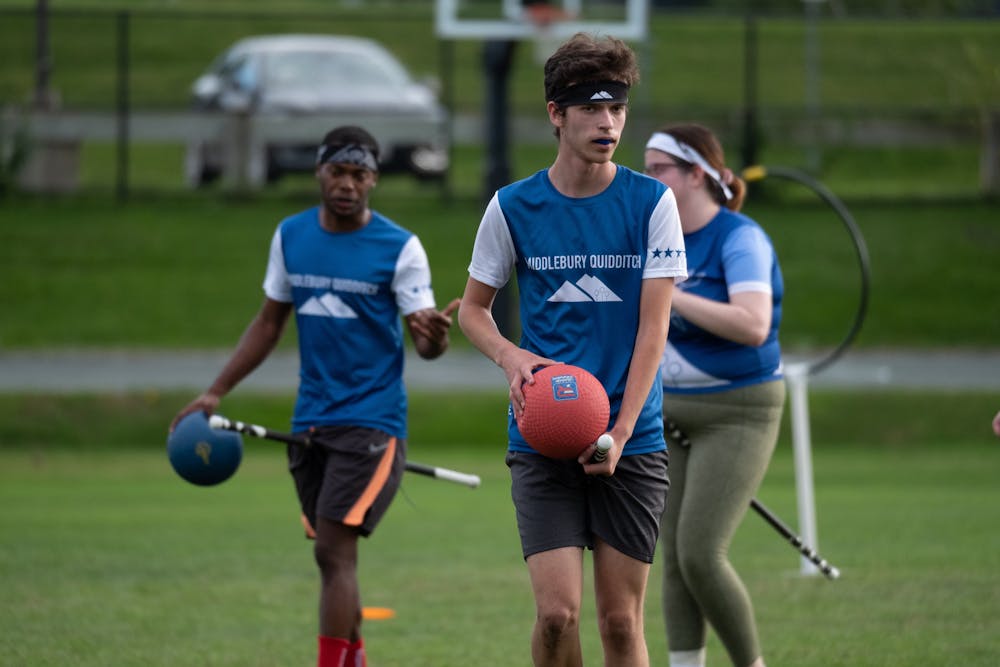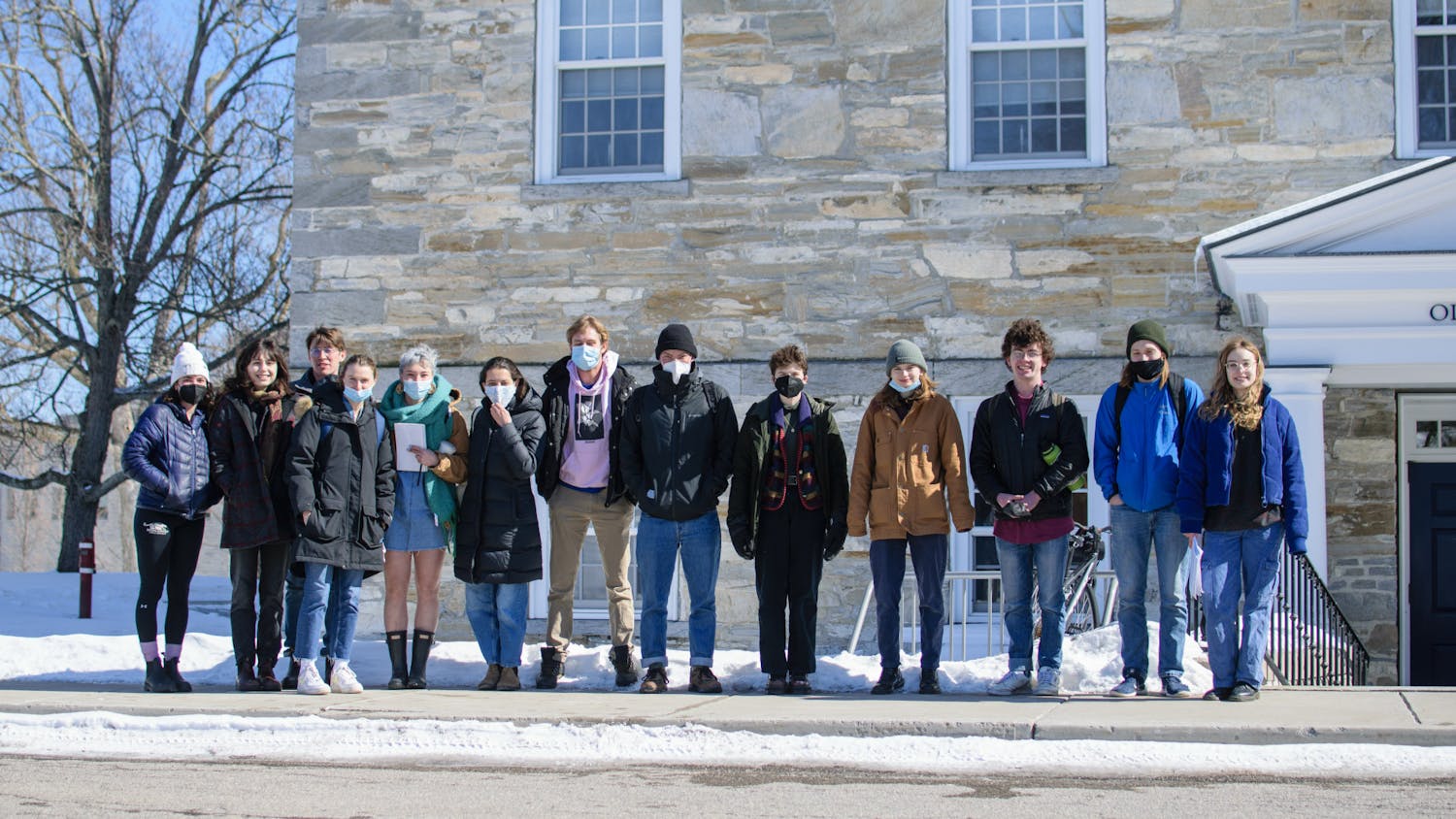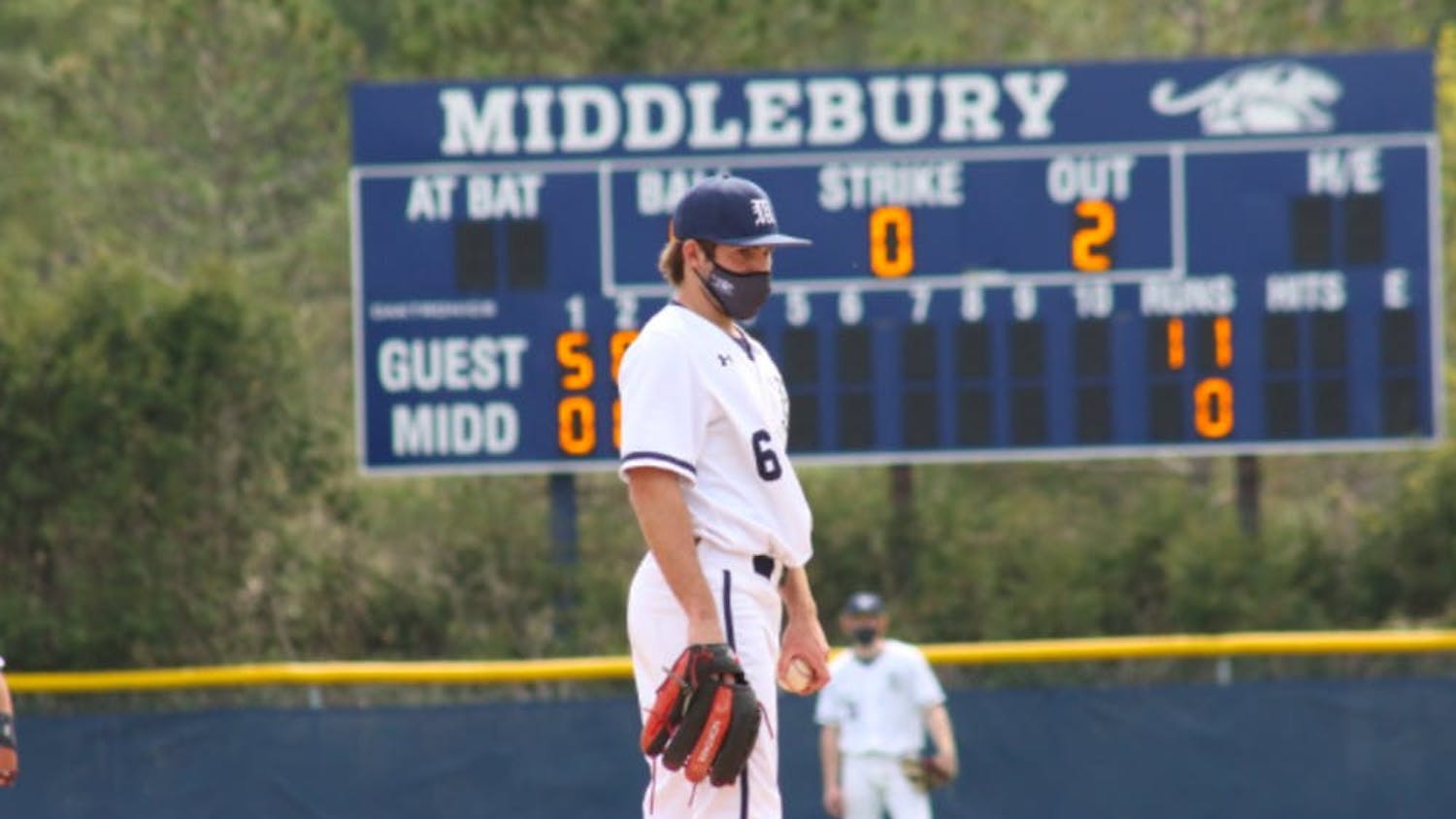Matthew Silverman ’22 was a first-year when he received an invitation to play for his commons’ Quidditch team. Growing up in Vermont, he’d heard a bit about the sport but wasn’t entirely sure what to expect — maybe it would be a combination of rugby and dodgeball. After attending several practices, Silverman grew to like his teammates and the welcoming culture of the sport. Four years and countless practices later, he serves as the president and captain of the Middlebury Quidditch Club.
Though first described in J.K. Rowling's Harry Potter franchise, Middlebury College is to thank for bringing the sport to life. What started out as a game between friends on Battell Beach in 2005 has evolved into a nationwide college sport with its own governing bodies — US Quidditch (USQ) and Major League Quidditch (MLQ) — and international participation.
For the vast majority of people, Quidditch is synonymous with the Harry Potter franchise. Those that have read the books or watched the movies might have, at some point in their life, fantasized about flying around on a broomstick while trying to catch the Golden Snitch to win their team 150 points and the game.
And for many, that magic died when Rowling posted transphobic statements on her Twitter account. In 2020, Rowling garnered attention for tweeting anti-trans criticism of an op-ed in Devex. The op-ed, titled “Creating a more equal post-COVID-19 for people who menstruate,” discussed the struggles of those that menstruate in receiving materials during the pandemic to manage their periods.
Rowling’s tweet criticized the article’s title for avoiding the word “women” altogether. “‘People who menstruate.’ I’m sure there used to be a word for those people. Someone help me out. Wumben? Wimpund? Woomud?”
In the wake of Rowling’s inflammatory tweets, both US Quidditch and Major League Quidditch have taken steps to distance themselves from the author. In a released statement, MLQ signaled that “[They] are hoping a name change can help them continue to distance themselves from the works of JK Rowling, who has increasingly come under scrutiny for her anti-trans positions in recent years.”
Rowling’s statement strikes at core principles of Quidditch as a gender-inclusive sport. In the International Quidditch Association’s rulebook, there is a “Four Maximum Gender” rule which states that for each team, no more than four players on the field may identify as the same gender. Before every match, refs are given a list of each teams’ players and their pronouns with notes on who is likely to be misgendered.
However, for many individual Quidditch clubs, Rowling’s statement only served to confirm a larger long-standing belief: the sport needs a culture change.
Though Quidditch maintains itself as an inclusive sport to all athletic abilities, many clubs are trying to escape the shadow of the Harry Potter franchise. Renaming the sport would not only distance the sport from Rowling’s anti-trans statements, but would also allow the sport to forge its own identity, clubs say.
“There’s no way to entirely divorce the sport from JK Rowling,” Silverman said. “However, there’s been enough alterations to it that with some more rulebook changes it could become [a standalone sport].”
In recruiting new players, Silverman said that Middlebury’s Quidditch Club will take advantage of Harry Potter references to draw attention, but they focus on the actual sport itself once practice begins.
Furthermore, using the name “Quidditch” also limits the sport’s ability to reach new audiences. Warner Bros owns the trademark to the term, meaning that tournaments and leagues cannot be widely broadcasted without risking a lawsuit. With many still viewing the sport merely as a college pastime, establishing a professional, widely viewed standard of play would be a crucial step to legitimizing and popularizing the sport.
“If you only have students running around with PVC [pipes] between their legs, you won’t be able to draw in anyone else,” Silverman said.
USQ and MLQ are currently in the process of choosing a new name — many of which were submitted through an online open forum. Any new name would most likely start with ‘Q’ in order to keep the acronyms constant. Popular candidates include “Quadraball”, “Quadball” and “Quigstrike.”
Regardless of the name that’s chosen, it’s clear that the time has come for the sport, from governing bodies down to local clubs, to embrace a new and promising future.
As part of a statement released by US Quidditch, Founder and Middlebury Alum Alex Benepe ’09 regards the name change as a new beginning for the sport. “I’m thrilled that USQ and MLQ are moving in this direction…The sport needs its own space without limits on its growth potential and changing the name is crucial to achieving that,” he said.




